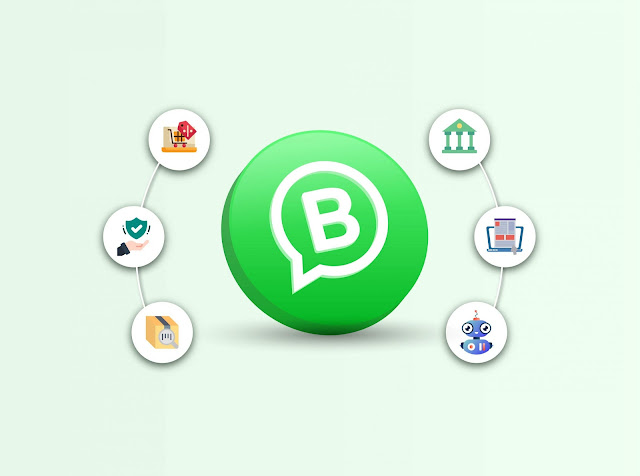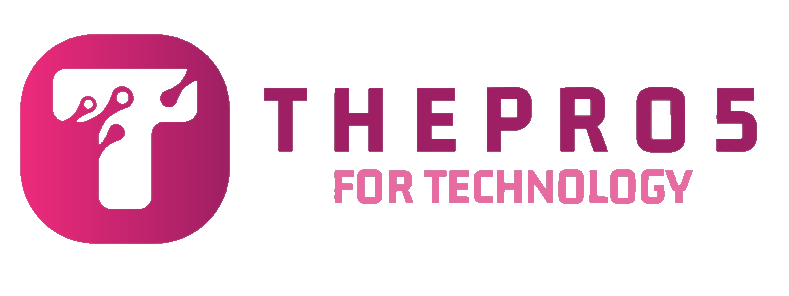 |
| tech what The Transformative Power of Technology: Shaping the Future of Society tech whatsapp |
Technology has become an integral part of our modern society, influencing various aspects of our lives. From communication and transportation to healthcare and entertainment, technology has revolutionized the way we live, work, and interact. In this era of rapid advancement, it is essential to understand the definition of technology and its impact on society.
Technology refers to the application of scientific knowledge, tools, techniques, and systems to solve problems, improve processes, and fulfill human needs. It encompasses a wide range of advancements and innovations that enable the creation, modification, and utilization of products, services, or systems to enhance human capabilities and improve the overall quality of life.
 |
| tech what The Transformative Power of Technology: Shaping the Future of Society tech whatsapp |
One of the fundamental aspects of technology is its role in communication. The development of various communication technologies, such as the internet, smartphones, and social media platforms, has revolutionized the way people connect and share information. Distance is no longer a barrier, as individuals can communicate in real-time across the globe, fostering global connectivity and collaboration.
tech what
Moreover, technology has significantly transformed industries and business practices. Automation and robotics have streamlined manufacturing processes, improving efficiency, productivity, and quality. Data analytics and artificial intelligence have revolutionized decision-making, enabling organizations to gain valuable insights from vast amounts of information. E-commerce platforms have transformed the way we shop and conduct business, providing convenience and global accessibility.
In the healthcare sector, technology has brought about significant advancements. Medical imaging technologies, such as MRI and CT scans, have revolutionized diagnostics, enabling earlier detection and more accurate treatment. Telemedicine and wearable devices have facilitated remote patient monitoring and personalized healthcare. The use of electronic health records has improved the efficiency and accessibility of medical information, leading to better patient care and outcomes.
Education has also been greatly influenced by technology. Online learning platforms and educational tools have expanded access to education, providing flexibility and personalized learning experiences. Interactive simulations and virtual reality have enhanced the understanding and engagement of students in various subjects. Technology has transformed traditional classrooms into digital learning environments, empowering students and educators with new opportunities for collaboration and knowledge acquisition.
Furthermore, technology has had a profound impact on entertainment and media. Streaming services and digital platforms have revolutionized the way we consume music, movies, and television shows. Social media and content-sharing platforms have given individuals the ability to create and share their content globally, democratizing the media landscape. Virtual reality and augmented reality have opened up new possibilities for immersive and interactive entertainment experiences.
While technology has brought numerous benefits, it also presents challenges and considerations. Privacy and security concerns have emerged with the increasing digitization of personal information and the rise of cyber threats. The digital divide poses challenges in terms of access to technology and the internet, limiting opportunities for individuals in underserved communities. Ethical considerations arise with the development of emerging technologies, such as artificial intelligence and genetic engineering, prompting discussions on responsible and accountable use.
In conclusion, technology plays a pivotal role in shaping our society and daily lives. Its impact spans across various domains, including communication, business, healthcare, education, and entertainment. Understanding the definition of technology and its implications is crucial in navigating this rapidly evolving digital landscape. By harnessing technology responsibly, we can leverage its potential to create positive change, drive innovation, and improve the human experience.
WhatsApp: Transforming Communication in the Digital Era
 |
| WhatsApp: Transforming Communication in the Digital Era |
One of the standout features of WhatsApp is its end-to-end encryption, which ensures that messages and calls remain private and secure. This level of security has made WhatsApp a preferred choice for individuals and businesses alike, fostering trust and confidentiality in their digital interactions. Whether it's sharing personal conversations or sensitive business information, users can rely on WhatsApp to protect their privacy.
WhatsApp: Revolutionizing Communication in the Digital Age
.jpg) |
WhatsApp: Revolutionizing Communication in the Digital Age |
WhatsApp's impact extends beyond personal communication. It has emerged as a powerful tool for businesses to connect with their customers. With the introduction of WhatsApp Business, companies can create verified business profiles, automate responses, and provide customer support directly through the app. This has transformed customer service, enabling real-time interactions, quick query resolution, and personalized assistance.
Furthermore, WhatsApp has played a significant role in facilitating global connections. The app eliminates geographical barriers by allowing users to communicate with friends, family, and colleagues across borders without incurring international calling or messaging charges. Its voice and video calling features enable face-to-face conversations, fostering a sense of closeness and connection, regardless of physical distance.
The Technological Marvel of WhatsApp: Connecting the World at Your Fingertips
WhatsApp has also become a platform for sharing information and news. Through its group chat functionality, users can create communities and exchange ideas, updates, and media content. This has been particularly valuable during times of crisis or for organizing events and initiatives. WhatsApp groups have become spaces for collaboration, coordination, and knowledge sharing among individuals with common interests or goals.
Additionally, WhatsApp has continuously introduced new features to enhance the user experience. From the introduction of voice notes and document sharing to the recent addition of disappearing messages and payment options, WhatsApp strives to adapt to user needs and preferences. These updates ensure that the app remains relevant and continues to meet the evolving demands of its diverse user base.
In conclusion, WhatsApp has revolutionized communication by providing a seamless, secure, and versatile platform for individuals and businesses. Its end-to-end encryption, ease of use, and global accessibility have made it a go-to application for connecting with others. Whether it's personal conversations, business interactions, or community engagement, WhatsApp has redefined how we communicate in the digital age, bringing people closer together in a fast-paced and interconnected world.
tech whatsapp
ormation technology in the future
Technology in the future
Technology in 2030
Technology in the future Essay
Life in the future
Technology in the future Paragraph
What current technologies do you predict will show the most impact on the way work is done why
Future Tech



